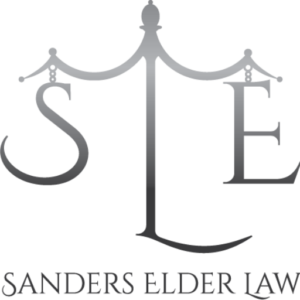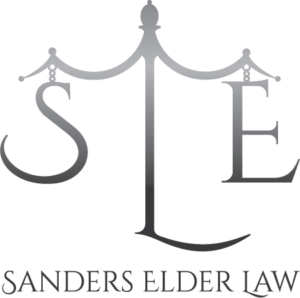READ THE ARTICLE on MyEdmondsNews.com
Question: I recently had surgery and filled out one of those yellow forms at the hospital. Do I still need a Power of Attorney?
Peggy Sanders: The short answer is “yes.” But to explain the answer, let’s start by looking at the different legal documents involved. Many of my clients confuse these documents.
That yellow document you signed is a POLST. It’s a Physicians Order for Life Sustaining Treatment. It’s a standardized form you receive from your doctor, hospital or other health care professional. It has some check boxes that address your wishes for life sustaining treatment. It includes your wishes for resuscitation, medical interventions, antibiotics and artificial feedings. You check the boxes and sign it. This lets the medical facility know your preference and goes with your chart. Hospitals insist on them because so many of their patients don’t plan ahead. The form is “portable,” which means it follows you to individual treatment facilities.
An Advance Directive, also called a Health Care Directive or a Living Will, is a legal document that is usually a part of your Estate Plan, created with the help of your attorney, and often in consultation with your loved ones. Ethically and legally doctors must do whatever they can to keep you alive. Sometimes that means performing procedures that you may not want. An Advance Directive lets you state your wishes should you become unable to communicate them for yourself. It helps make sure that what you want is carried out should you become incapacitated, and that you won’t be subject to treatment that you don’t want. Until recently, an Advance Directive just covered whether or not you wanted artificial nutrition and artificial hydration. Now it can cover a number of procedures including artificial respiration (including ventilators), resuscitation, surgery to prolong life, dialysis, transfusion, or other medical treatment to prolong life. Creating an Advance Directive also helps lift the burden of making a difficult decision from your loved ones, especially in times of crisis.
Power of Attorney for Health Care – This is where you appoint someone to speak for you should you become unable to do so for yourself. Technically that person is called an “Attorney in Fact.” That’s a little confusing, so often they are just called your “Agent.” A Power of Attorney is a powerful and complex document. I think it’s your most important estate document. It’s certainly not a form where you just check the boxes. Choosing someone to legally represent your wishes requires great care. It should be a custom document carefully drafted with the help of an attorney.
It’s important to know that in order to sign any of these documents, you need to be legally competent. It’s heartbreaking for us when we hear of someone who is unconscious or otherwise incapacitated and they don’t have these. By then, it may be too late for us to help.
— By Attorney Peggy Sanders of Sanders Law Group.
Peggy Sanders is the Managing Attorney at Sanders Law Group, an Elder Law Firm located in beautiful downtown Edmonds. Feel free to call us for any concerns or questions. We’re glad to help.

